The 2019 US Cities Sustainable Development Report, released in July 2019, is SDSN’s third city-level report ranking 105 US cities on progress towards the UN’s Sustainable Development Goals for 2030 (SDGs). The results show that there will be significant work to do across the board if the SDGs are to be achieved by 2030, as cities on average scored only 48.9%. The report can be accessed via this link.
Below is an excerpt from the 2019 US Cities Report, a forward written by SDSN USA co-chair Jeffrey Sachs.
Forward
America’s cities are home to more than 80 percent of Americans and around 85 percent of US production. They will determine the future of sustainable development in the United States. Around the US, more and more cities are signing up to the Sustainable Development Goals framework for action. As one leading example, my own city, New York City, is guided by the plan OneNYC 2050. This comprehensive sustainable development plan, closely aligned with the SDGs, aims to achieve an equitable, sustainable city for all New Yorkers by the year 2050, including the transformation to zero greenhouse gas emissions by mid-century.
The 2019 US Cities Sustainable Development Report aims to help cities to calibrate their progress towards the SDGs. This report, produced annually since 2017, is a part of a global effort to measure performance of cities, nations, and companies relative to the SDGs underway at the UN Sustainable Development Solutions Network (SDSN). SDSN is grateful to many partner institutions for collaboration, brainstorming, and support to monitor the SDGs and implement programs for their achievement.
This year’s report highlights the many urgent challenges facing America’s cities. The data show substantial and rising inequalities of income, persistent poverty, unsafe physical environments, and of course, the continued emissions of greenhouse gases that contribute to human-induced climate change and that threaten humanity. These indicators should provide flashing red lights to communities around the US to take actions at the local level to promote the SDGs, and to advocate for sustainable development policies at the federal and state level as well.
The index also shows many cases of progress. We warmly congratulate the cities at the top of this year’s ranking for a job well done. For the cities lower down the list, we offer these rankings and indicators as guides, support, and a call to action. Sustainable development is not a choice or ideology. It is not on the left-right political spectrum. It is the very essence of our wellbeing and the kind of cities and nation that we will leave to future generations. We therefore offer this SDG City Index in the spirit of collegiality, and we at SDSN look forward to partnerships of the SDSN with cities across the United States in order to accelerate actions to achieve inclusive and sustainable cities for all Americans, and indeed throughout the world.
Jeffrey D. Sachs
Director, Sustainable Development Solutions Network


